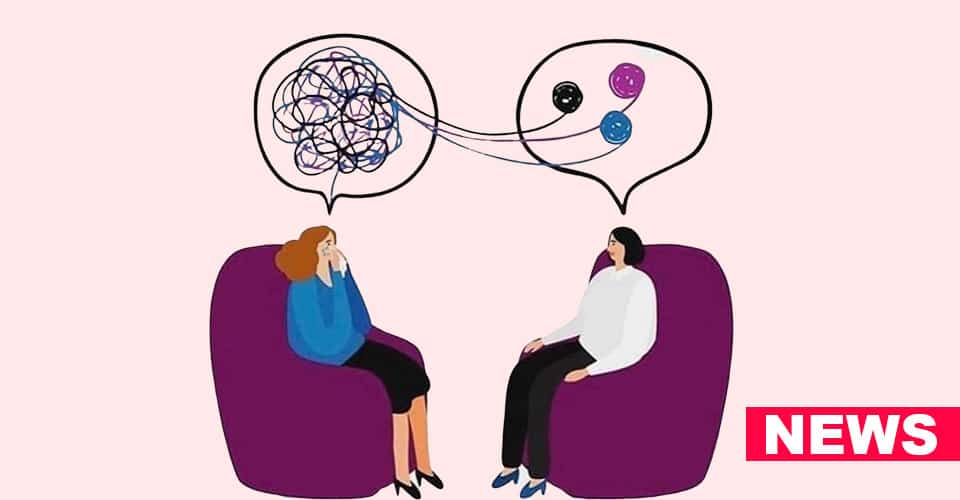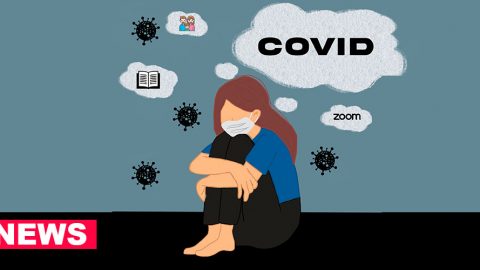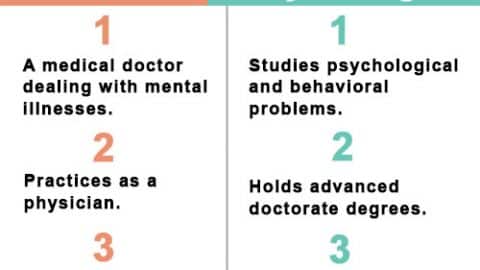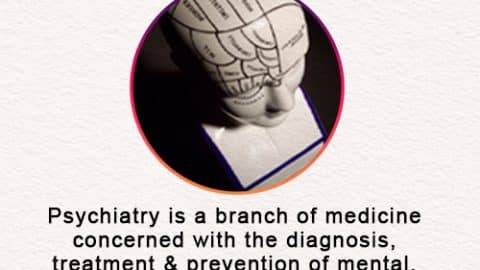- Research affirms the positive relationship between gratitude and mental health.
- Practicing gratitude on a daily basis can lower symptoms of anxiety and depression.
What Is Gratitude?
Gratitude is defined as a feeling of appreciation in lieu of another’s person’s kindness. It is also defined as a disposition that allows a person to perceive and appreciate the positive, meaningful aspects of life. It is derived from the Latin word “gratus” meaning “pleasing”. It is synonymously known as thankfulness or gratefulness.
Practicing gratitude is a central tenet of world religions. On an everyday basis, gratitude takes the form of greetings, gifts, favors, help, or other forms of generosity to another person. Self-gratitude is also a thankfulness practice where a person self-affirms and appreciates his\her skills, talents, knowledge, choices, physical self, etc.
Gratitude And Mental Health Benefits
Gratitude and mental health go hand-in-hand. Research attributes the benefits of gratitude to:
- Elevated mindset and better mood regulation
- Better social connectedness
- Creation of a strong support system
- Better goal-setting and accomplishment
- Reduction of stress levels
- A stronger immune system
- Quality sleep and dietary patterns
- Greater life satisfaction and happiness
Recent studies, in fact, testify that gratitude interventions can reduce physical health symptoms (like blood pressure, inflammation, etc.) as well as address mental health conditions like depression and anxiety.
Tips To Practice Gratitude For Better Mental Wellness
Consider the following tips to reap the health benefits associated with gratitude:
- Maintain a gratitude journal.
- Recognize and acknowledge good deeds done by yourself and others.
- Practice mindfulness. Live in the present moment.
- Attempt to perform tiny acts of kindness every day like volunteering, picking up litter, doing groceries for a neighbor in need, etc.
When The Gratitude And Mental Health Connection Doesn’t Work
Gratitude, despite its perks, does not work in every situation. For instance, people with mental health issues experience anhedonia, because of which their ability to feel or express gratitude gets reduced.
They may appear as brash people inclined to display ingratitude. In other cases, like situations that involve dealing with narcissists or people with maladaptive perfectionist tendencies, practicing gratitude may be tedious.
Therefore, whilst practicing gratitude—we should be mindful of the prevailing circumstances and practice thankfulness accordingly.
Know More About –
Related Articles –
- 11 Ways To Feel Grateful When You Don’t
- 101 Things To Be Grateful For Today
- 5 Ways Gratitude Improves Our Mental Health















